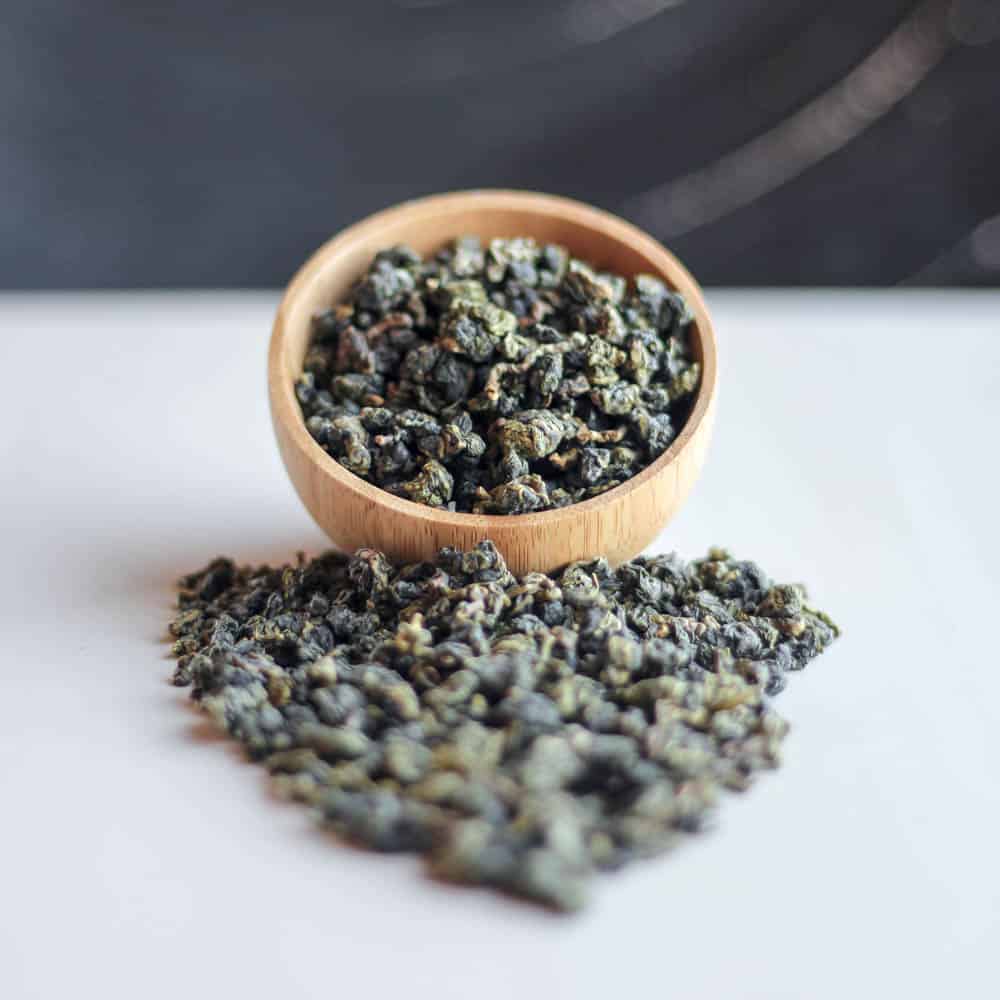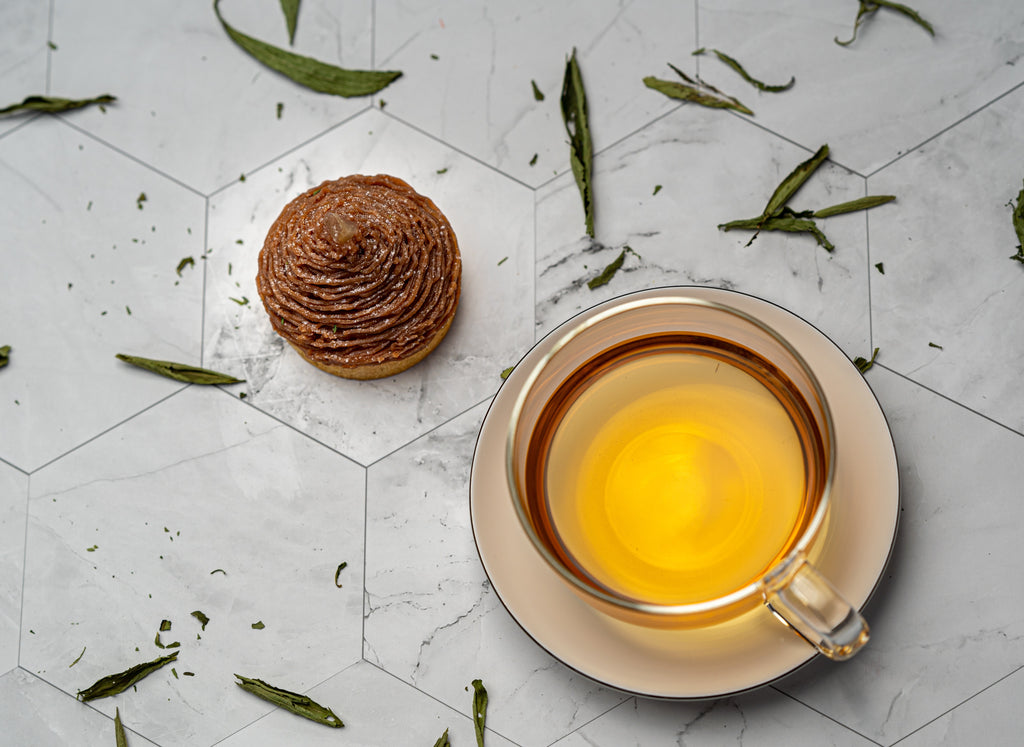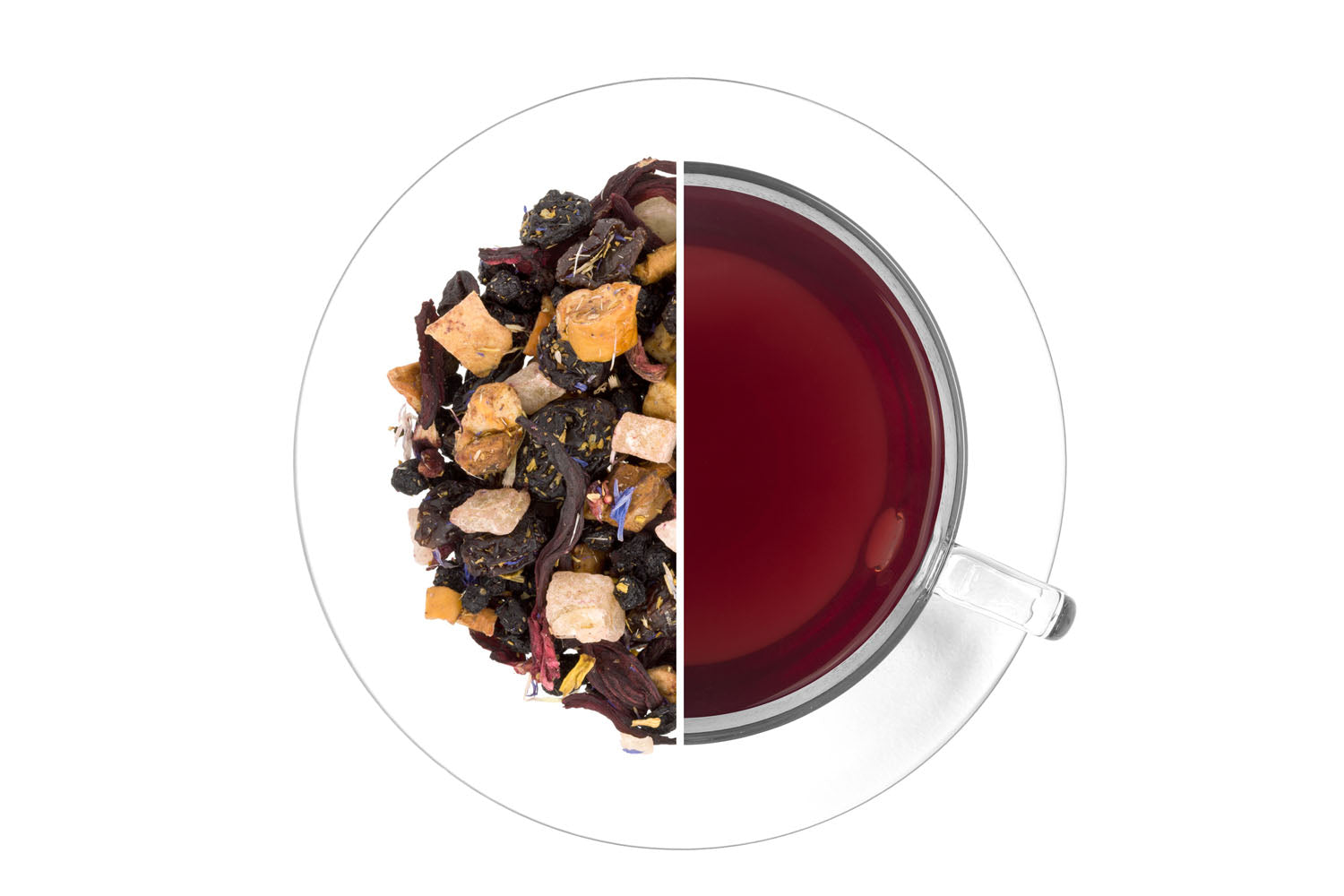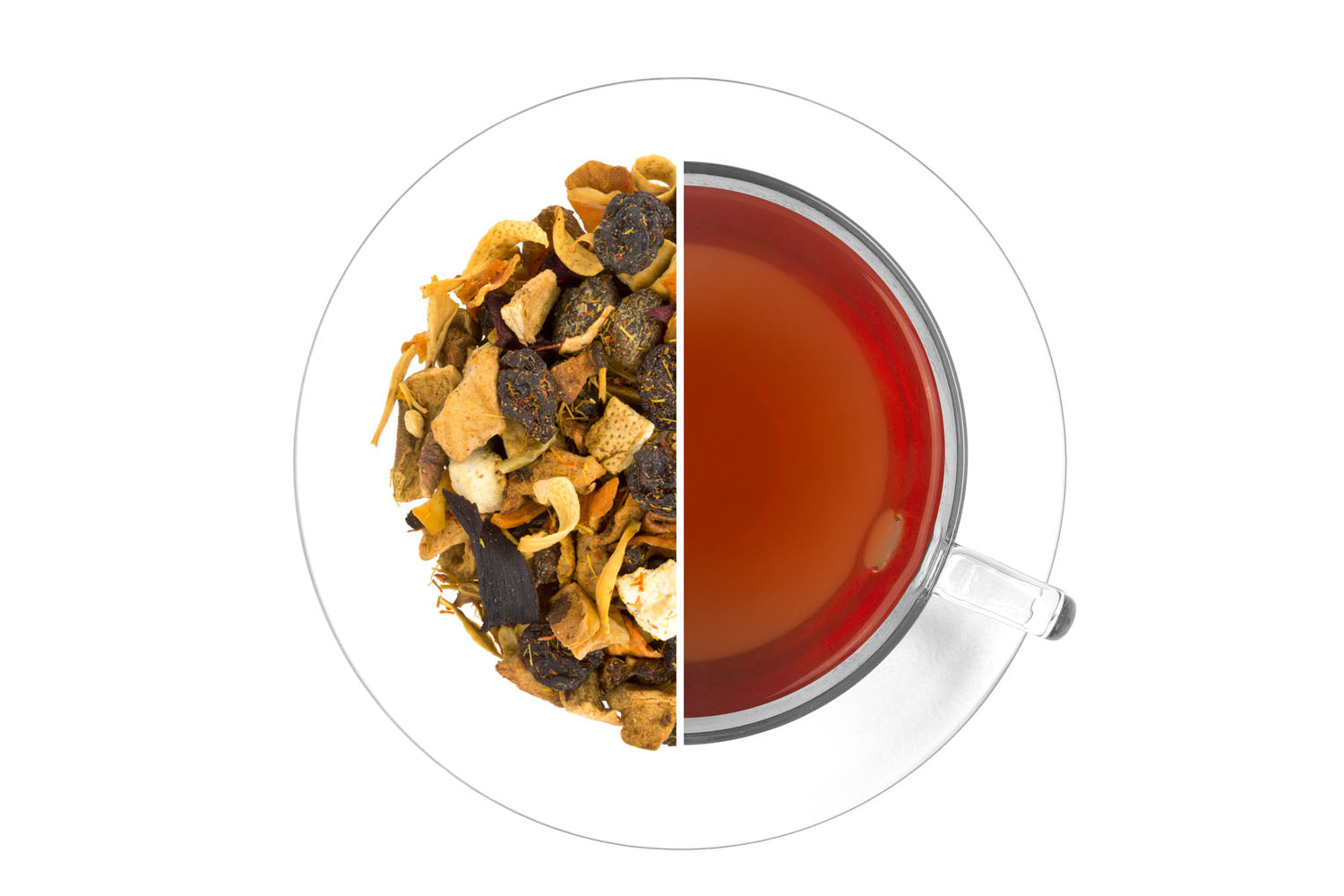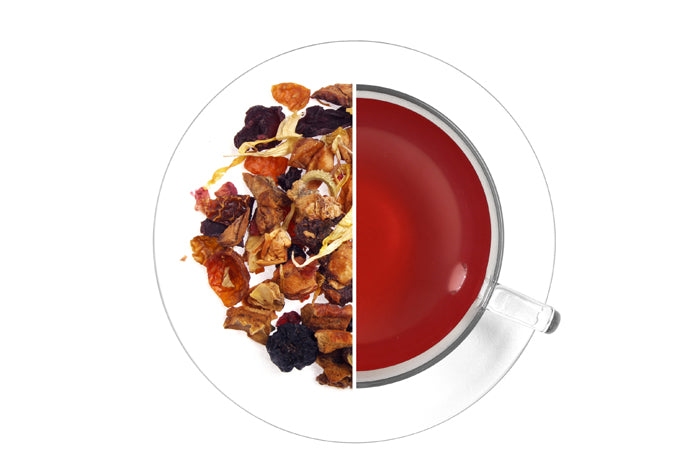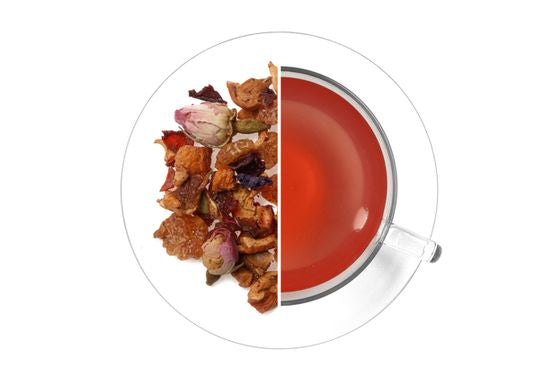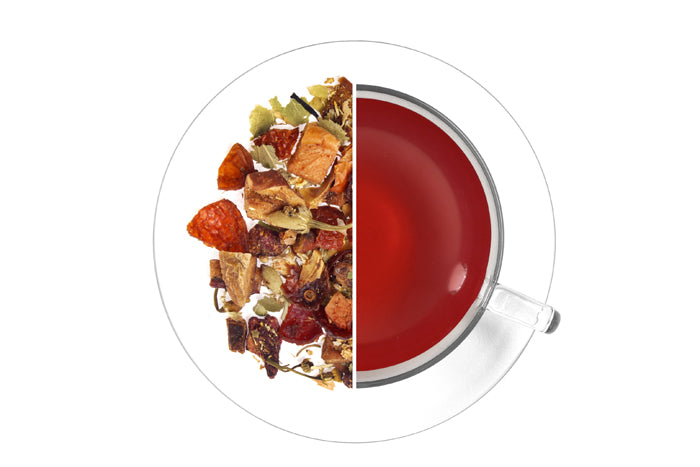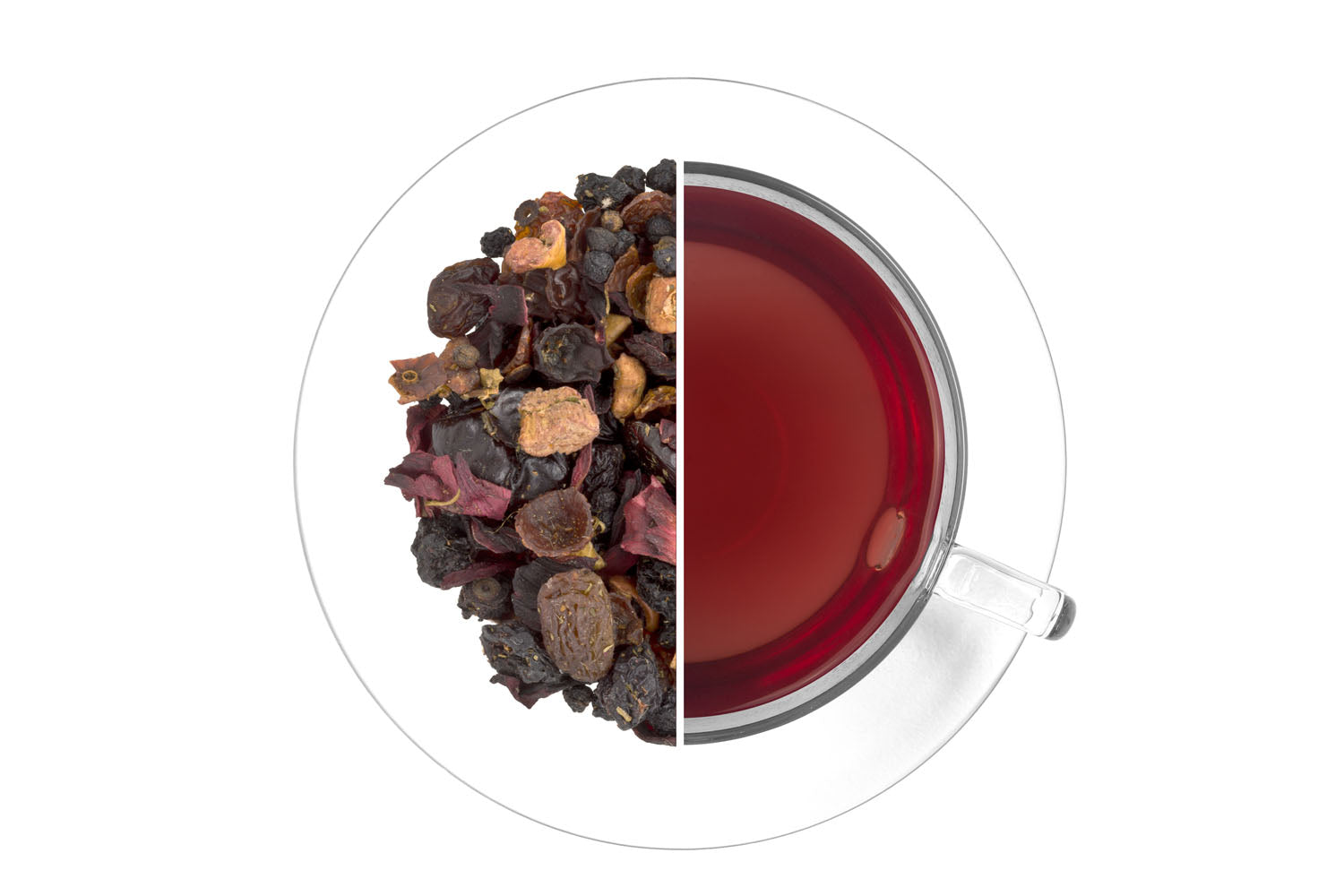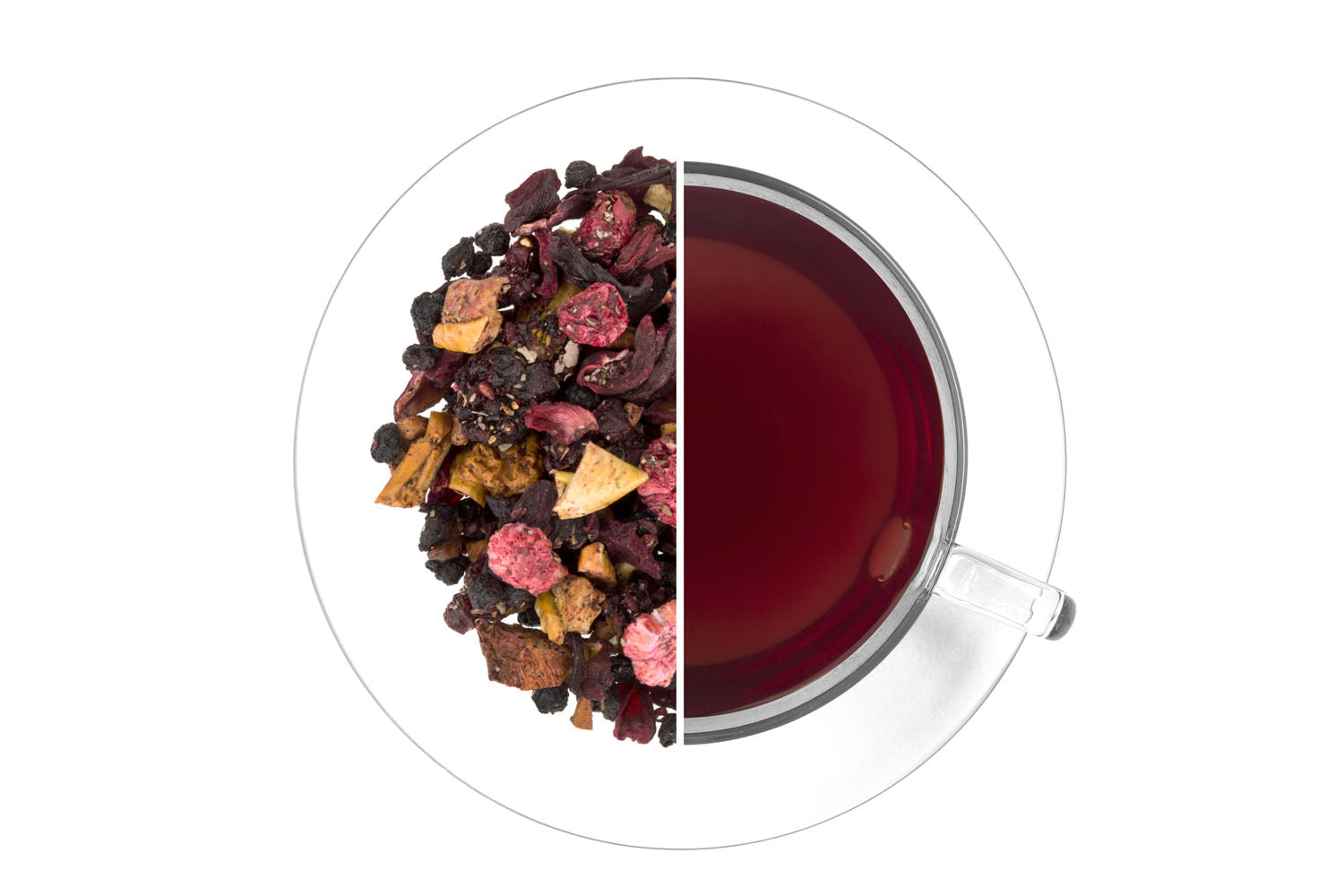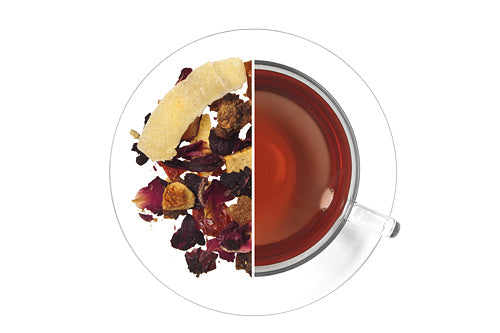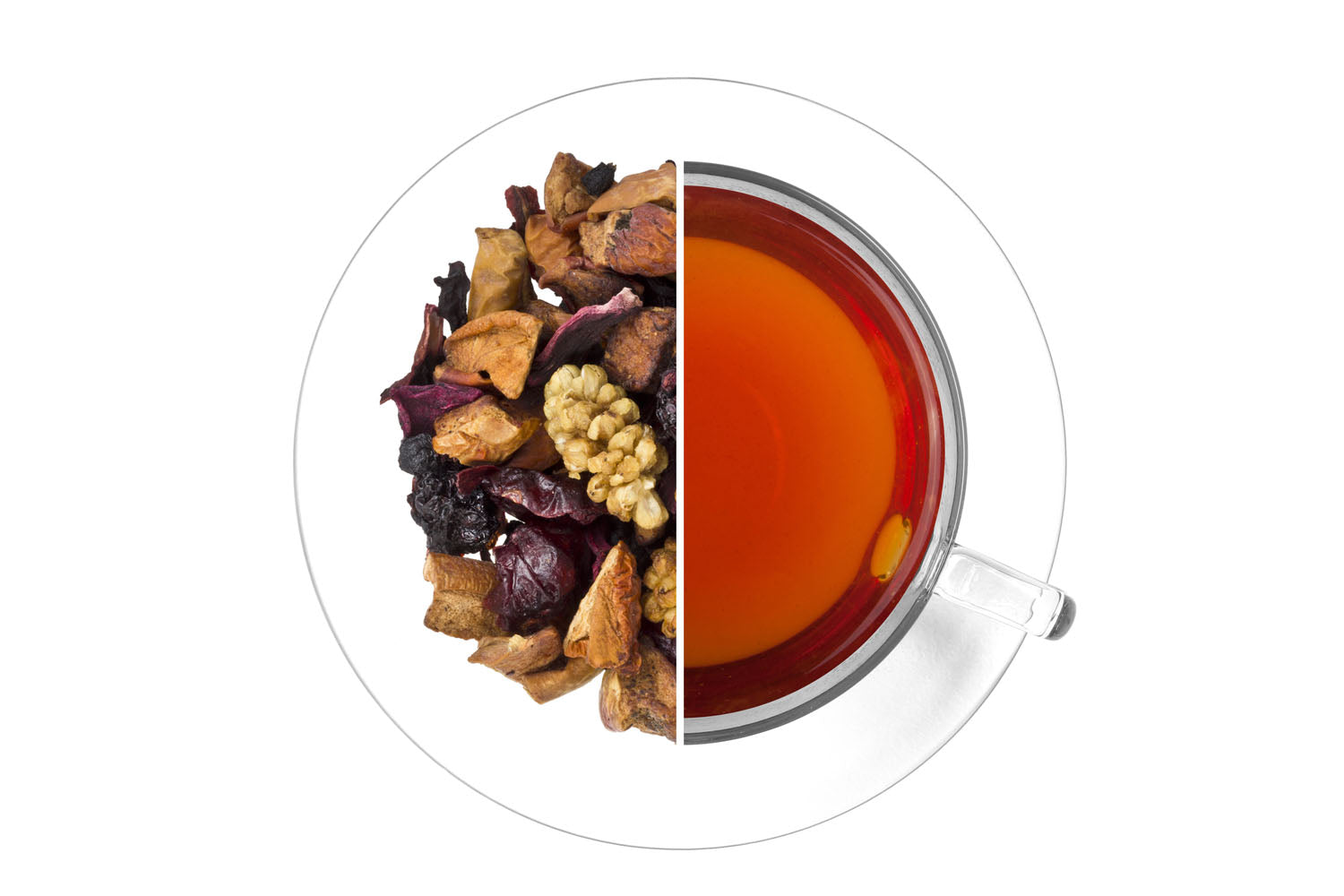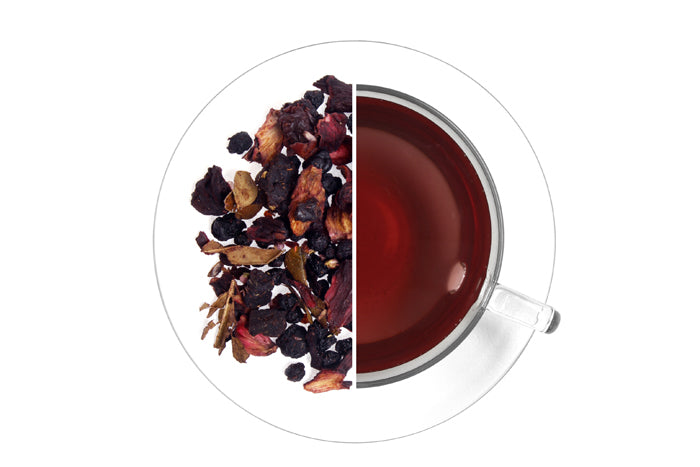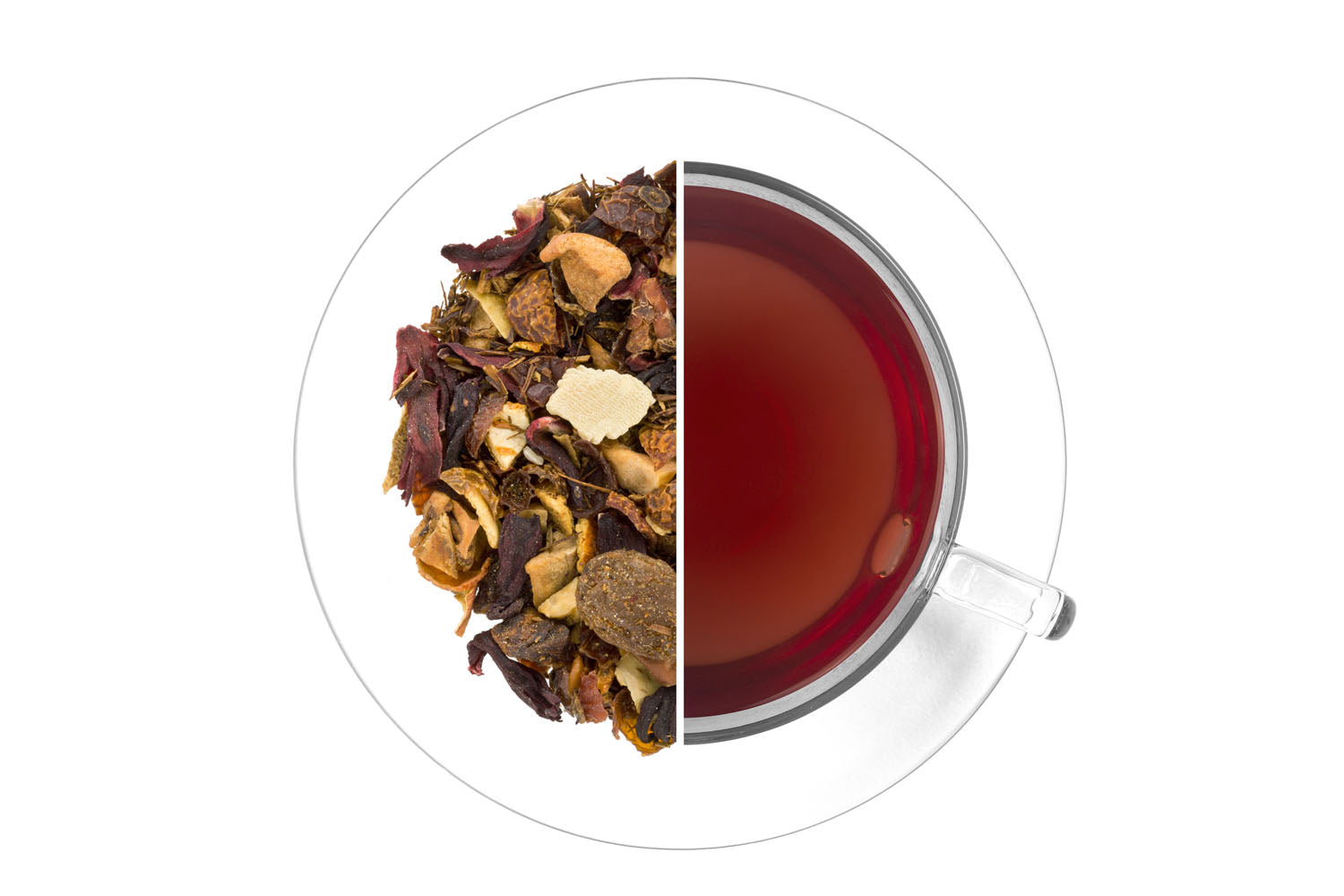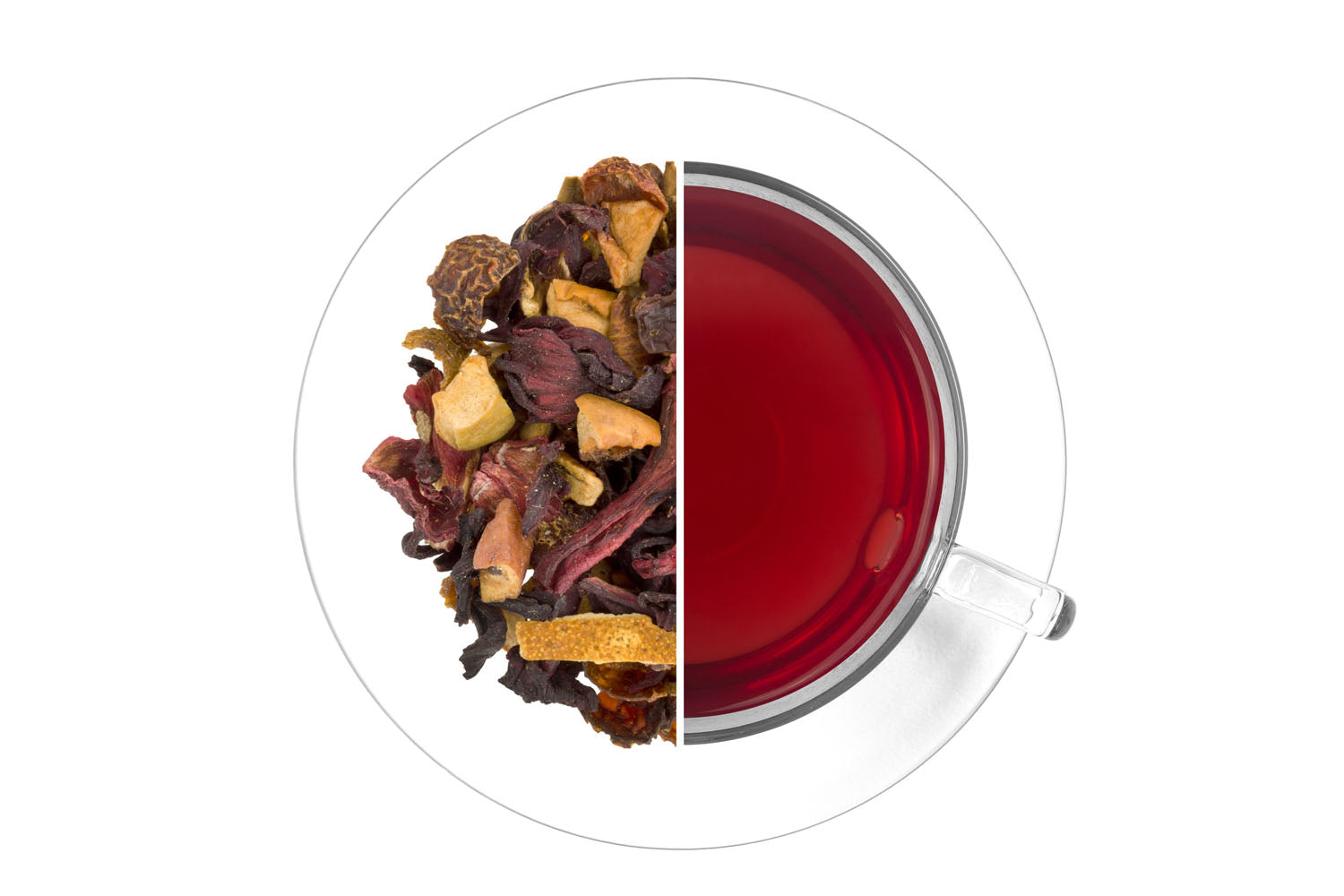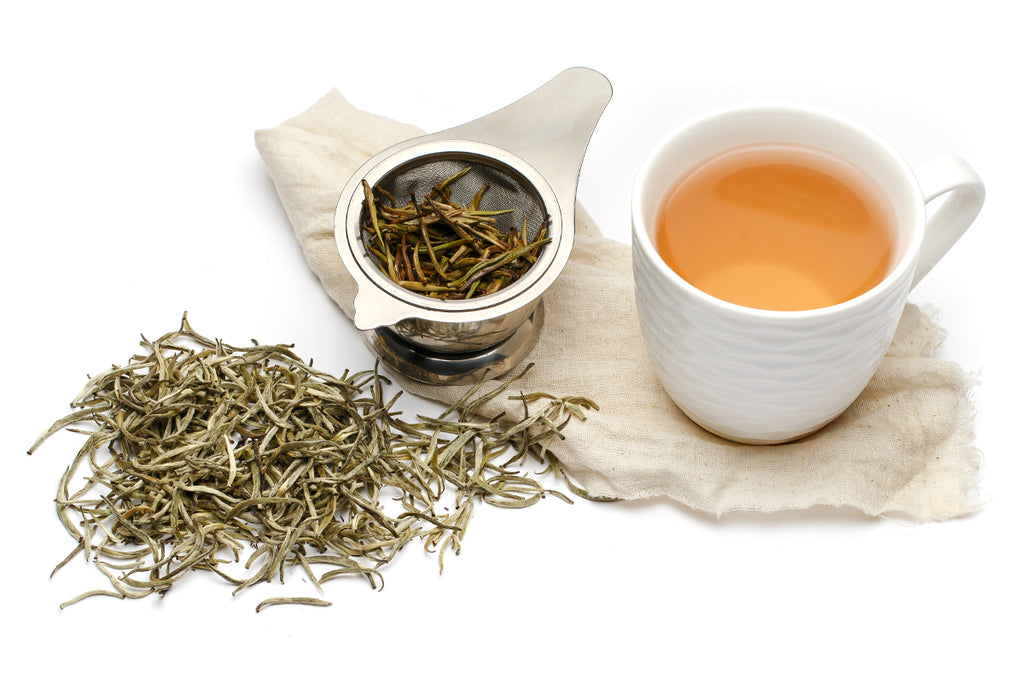
White Tea

According to legend, people learned about tea after the Divine Farmer Shen Nun, who came to earth to study the properties of plants and pass this knowledge to mankind, tried several poisonous plants, felt bad and lay down under a tree, from which a dew heated by the sun rolled down and fell into his mouth, after which he recovered completely. Of course, the tree was a tea tree, and the heated dewdrop turned out to be the first tea infusion in history. Following the precepts of the Divine Farmer, the Chinese began to dry tea leaves and use them to strengthen and cleanse the body.
Based on the above verified sources, we can confidently assert that the first tea known to mankind was most likely white. The thing is that it is white tea that is the most that neither is the quintessence of "naturalness and usefulness", since it is white teas that are produced with minimal human participation. The main idea of white tea is to preserve the tea leaf in the form in which it grows on the bush, while preserving the maximum natural and natural.

White tea infusion contains a large amount of polyphenolic compounds, in particular one of the most useful catechins - tannin. Catechins are widely recognized as one of the world's most powerful antioxidants.
«Tea contains four main components of catechins: EC, ECg, EGC and EGCg. Epigallocatechin (EGC) is the strongest antioxidant of the four main tea catechins, 25-100 times stronger than vitamins C and E. One cup of tea a day provides 10-40 milligrams of polyphenols»
What does it give us?- Being a strong antioxidant, white tea reduces the amount of free radicals in the human body, to some extent preventing the occurrence of cancer;
- Antioxidants improve skin condition and slow down skin aging;
- White tea strengthens the immune system, has antimicrobial and antiviral properties, helps fight colds;
What are the benefits of white tea vitamins?
- Improves blood properties
- Boosts immunity
- Supports the work of the nervous, digestive and cardiovascular systems
Therefore, we strongly recommend that you include white tea in your diet, since its constant use will undoubtedly have a beneficial effect on your health!
